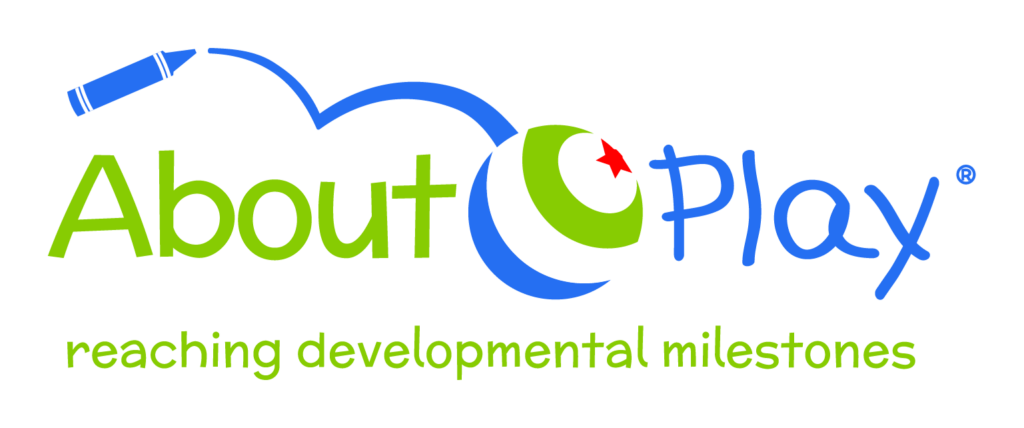Blog

Fine Motor Skills To Monitor In Your Child’s Development
Observing our children as they grow will always be exciting and fascinating. Seeing them move, grow, discover, and develop new skills will always be a milestone worth celebrating. As soon as they are born, there are fine motor skills that we have to keep in check to see if they are on the right track. Fine motor skills refer to the movements children make with the small muscles of the hands. It may also involve other movements in other small muscles. And the development of these fine motor skills is necessary and vital to our children’s wellbeing, and in mapping out their futures as well.
Some typical fine motor skills to monitor in your children would be as follows:
Children up to 4 months old
They should be able to move their hands together and apart, or stretch them out even just for short periods of time. Aside from these hand movements, they should also be able to move their head to sounds and voices, have their eyes look into moving objects, and follow them with their stares, and lift their heads and shoulders off the floor when laying on their tummies.
Children up to 8 months old
They should be able to reach for, move, and grab small objects near them even just for a short while, to do a pinching grip or motion which involves pressing their thumb to their index finger. Clench their hands into fists and unclench them. Aside from these hand movements, they should be able to roll over and to sit down by themselves even just for short periods at a time.
Children up to 12 months old
They should be able to pass objects from one hand to the other, picking things up, squeezing motions, reaching and grabbing for small objects and food items, and put them close to their mouths. Put down or release objects voluntarily, bang two objects together, and perhaps put things in containers. And aside from these hand movements, they should tend to be more adventurous and active. Play with toys and put them back or give them back to you or their caregivers.
And as they grow older, their movements should be more and more dynamic. Now, it is important to remember that not all children are the same and they may grow and develop differently than the next child. So you should not compare them to other children and make your own diagnosis. What you can do is take note of some concerns and then seek advice from a professional. You can write down what may seem like delays in your children’s developments, such as:
- Their arms stay stiff over the months
- Not being able to grasp small objects
- Still keeps one or both hands clenched in a fist
- Being not able to prop themselves up when laying on their tummy
- Not being able to pick up objects within their reach
- Not being able to sit by themselves even for short periods
- Not being able to roll over to get objects
Once you note them all down, you can then find the right places and people to help you find the best options to help you and your children.
If ever you are concerned and worried about this topic or have any other questions with regards to your child’s development, we are more than happy to help you! You can get in touch with us today and make a referral.




